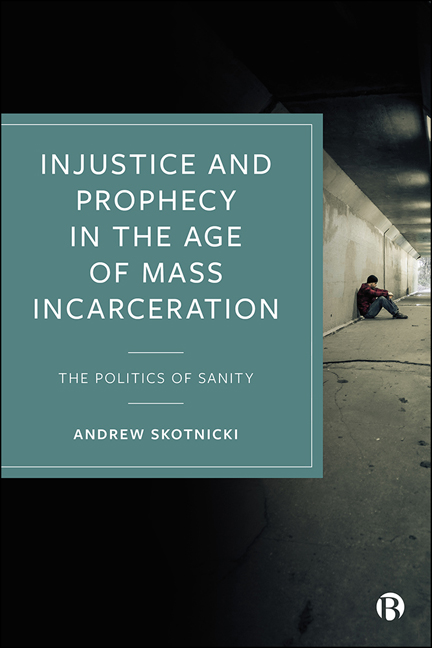2 - How We Think about the Mentally Ill
Published online by Cambridge University Press: 12 October 2022
Summary
In Chapter 1, we referred to a strategy of moral treatment of those sent to the asylums supervised by Philippe Pinel, Samuel Tuke, and William Connolly. This may sound presumptuous, but I am assuming that the designation did not elicit pause, let alone discomfort, among some readers. And the very fact that it may not have is why it is important at this juncture to suggest that among the serious issues that confront us in discussing “loaded” terms such as the morality of the understanding of and response to those who think and act irregularly, the metaethical question, or what Kant calls transcendental philosophy, is, I believe, at the forefront.
Thus, in this chapter, I want to emphasize why our focus is not on which of the two approaches we have looked at is more ethical than its counterpart. Everyone involved in this, or any other matter of personal choice or public policy, is doing exactly what they consider to be proper given their foundational, pre-reflexive starting points from which they frame pertinent moral issues and the particular circumstances relative to them. The real question is language: how we talk about people, who and what they are by nature, and what they are capable of being and doing. It will, therefore, be our present focus to try to uncover the implicit assumptions within the two ways of perceiving suspected insanity spoken of in the last chapter, not to question the personal integrity of people on either side of the issue. I have tried to show that no specific person or structural regimen is patently right or wrong (the history of the treatment of those reputed to be mentally ill reveals many sad tales, regardless of the time period); but there are radically distinct foundational principles and ethical premises in the different methodologies that have virtually everything to do with the approaches that we have discussed thus far. The first is driven by a belief that might be termed incarnational: the physical and metaphysical have their own irreducible integrity and, moreover, are mutually interdependent; the second is predicated upon a materialist and behaviorist hypothesis that evaluates sense experience and biological function as fully constitutive of the given person's psyche and, consequently, denies the existence of ideas or phenomena outside the realm of the data provided by such quantifiable knowledge.
- Type
- Chapter
- Information
- Injustice and Prophecy in the Age of Mass IncarcerationThe Politics of Sanity, pp. 44 - 64Publisher: Bristol University PressPrint publication year: 2022

